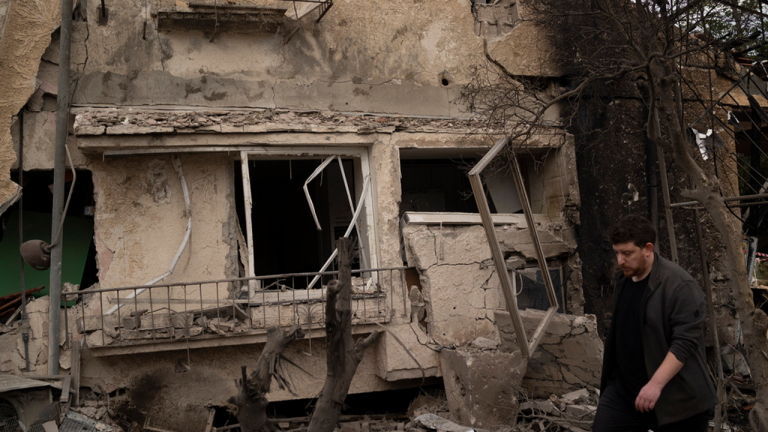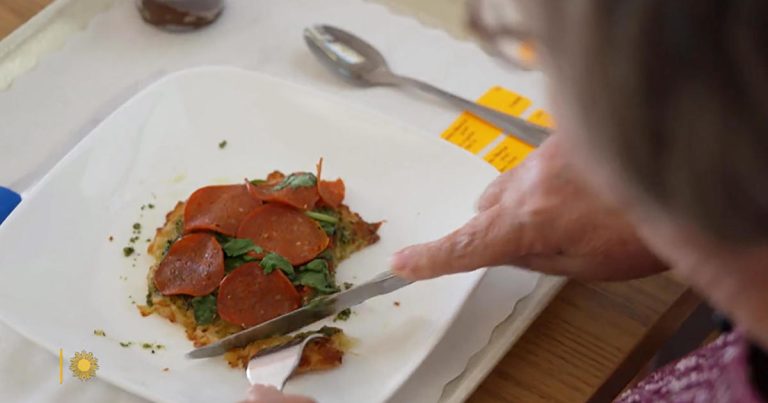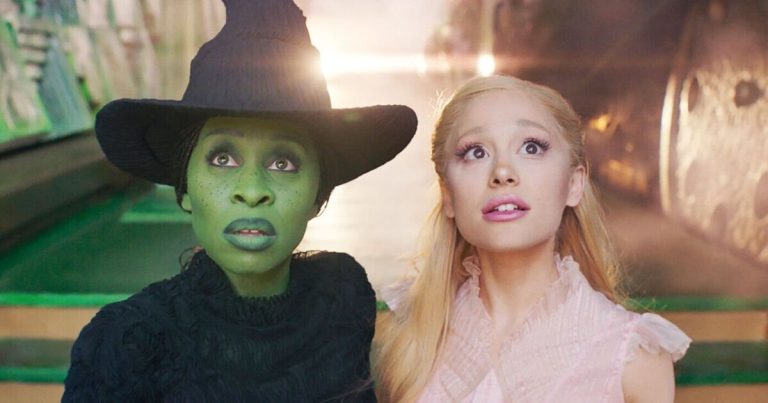
A second former USD football player has filed a civil lawsuit against the university that alleges hazing on the team last summer, corroborating several incidents from the first lawsuit and adding new ones.
Kollen Murphy, a freshman receiver from Wildomar, filed his suit in San Diego Superior Court on Thursday. In late October, redshirt freshman quarterback AJ Perez filed one accusing upperclassmen on the team of sexual hazing in a residence hall and the team’s locker room during preseason training camp in August.
Both players withdrew from the university and returned home before completing their first semester on campus.
“Things need to change, the program needs to be cleaned up,” said Scott Carr, the El Segundo-based attorney who represents both players. “This conduct is unacceptable, regardless of who it’s inflicted upon. These allegations are corroborated by each other, and I’m quite certain that other players and others involved in the program, if being truthful, would further corroborate that these events happened.”
USD issued a statement Thursday saying it is “aware” of the second lawsuit.
“As noted previously, our own internal inquiry continues but is not yet complete,” the statement said. “The university takes reports of violations of the student code of conduct with the utmost seriousness and condemns acts of hazing and bullying of any kind. As reported previously, Coach (Brandon) Moore had no advance knowledge of the allegations.”
Moore, a former NFL linebacker, was hired last spring from Division II Colorado School of Mines to replace longtime coach Dale Lindsey. His first preseason training camp opened in early August. Both Perez and Murphy claim hazing from older players occurred shortly after.
Perez referenced two hazing rituals, the first where the team’s “rookies” — freshmen and transfers — were told to meet outside a residence hall at 11 p.m., strip naked and press their genitals against the window so the upperclassmen inside could see. They then were granted entrance into the lounge, where Perez said they were shown pornographic videos.
The second incident was a “Rookie Show” held a few days later in the team’s locker room, also late at night. Perez said rookies were told to perform a skit or a song naked in front of the veteran players, and those who didn’t satisfactorily would be subjected to “spooning” — where, Perez said, “spoons would be thrown at them, or they would be hit in the buttocks with a large wooden spoon.”
Murphy’s complaint says that while he was told by teammates that his attendance at both events was mandatory, he declined to participate because of what he describes as “multiple acts of hazing” that occurred in the days before.
Murphy’s complaint says upperclassmen would “routinely discuss the size” of their genitals while in the locker room.
“Some would measure them, and some would smack players with their (genitals),” the complaint says. “The hazing and harassment became so pervasive, that (Murphy) refused to shower in the locker room, and made every effort to avoid being there.”
Instead, Carr said Murphy returned to his dormitory to shower, sometimes missing lunch or other meals with the team.
“(Murphy) was humiliated, embarrassed and ashamed by the treatment he received and witnessed from his ‘teammates,’” the complaint says. “(Murphy) ultimately went home to Wildomar, knowing that he had been inappropriately hazed by his teammates and not knowing what the ramifications would be for him leaving. He needed to take time to deal with his mental health.”
Murphy, according to USD football statistics, appeared in one game before suffering a thumb injury. A two-sport star at Rancho Christian High School in Temecula, he also planned to play basketball at USD. He was initially on the school’s online roster, but no longer appears there.
Allegations of hazing within the program were first made public in August, as the team prepared for its season opener against Cal Poly. Several dozen players did not play in the first few games, but most eventually returned to the field for the Toreros, who finished 4-7 in Moore’s debut season.
“At no time did any of the coaches, assistants or volunteers take any action to prevent or stop the acts of hazing inflicted upon the hazed parties, nor did they do anything to address the sexualized nature of team activities,” Murphy’s complaint says. “This is so, despite the fact that several coaches had previously been players who had participated in similar acts of hazing.
“Further, it is believed that the head coach had knowledge of many of these offending acts. To date, no coach has been disciplined to the best of (Murphy’s) knowledge.”
Moore, and the university, have repeatedly denied that he knew of the hazing incidents until Perez left the team shortly after the so-called “Rookie Show.”
“It is an extremely emotional time for everyone attached to this difficult situation,” Moore said in an Oct. 26 statement. “I want to be clear that I had no prior knowledge at any level about these activities before they were reported to me by AJ Perez. This was not anything I’d heard before and certainly doesn’t represent my vision for USD Football.
“The events reported to me were counter to the directive I issued to our players and coaches about hazing not being tolerated in any shape or form in my first team meeting. As soon as I heard the allegations, I immediately reported them to university leadership, and we suspended all football activities as we initiated the preliminary investigation.”
USD President James T. Harris has addressed the allegations in at least three letters to staff and the campus community. The first, sent Aug. 28, indicated all program activities were temporarily suspended within hours of learning the “disturbing news” and approximately half the team faced “varying degrees of disciplinary action.”
In his most recent letter, sent after news broke of Perez’s lawsuit on Oct. 25, Harris reiterated that the university’s internal investigation is ongoing and referenced “dismissal” for the first time, without providing specifics.
A few days later, the university announced Athletic Director Bill McGillis was leaving after seven years, although it did not tie his departure to the hazing allegations. A request for clarification from the media relations department went unanswered.
Harris also said the university is cooperating with law enforcement. Perez received a letter from the City Attorney’s Office identifying a teammate under investigation, notifying him he may be eligible for restitution if charges are filed followed by a conviction.
A spokesperson for the City Attorney’s Office said the case is still under review.








